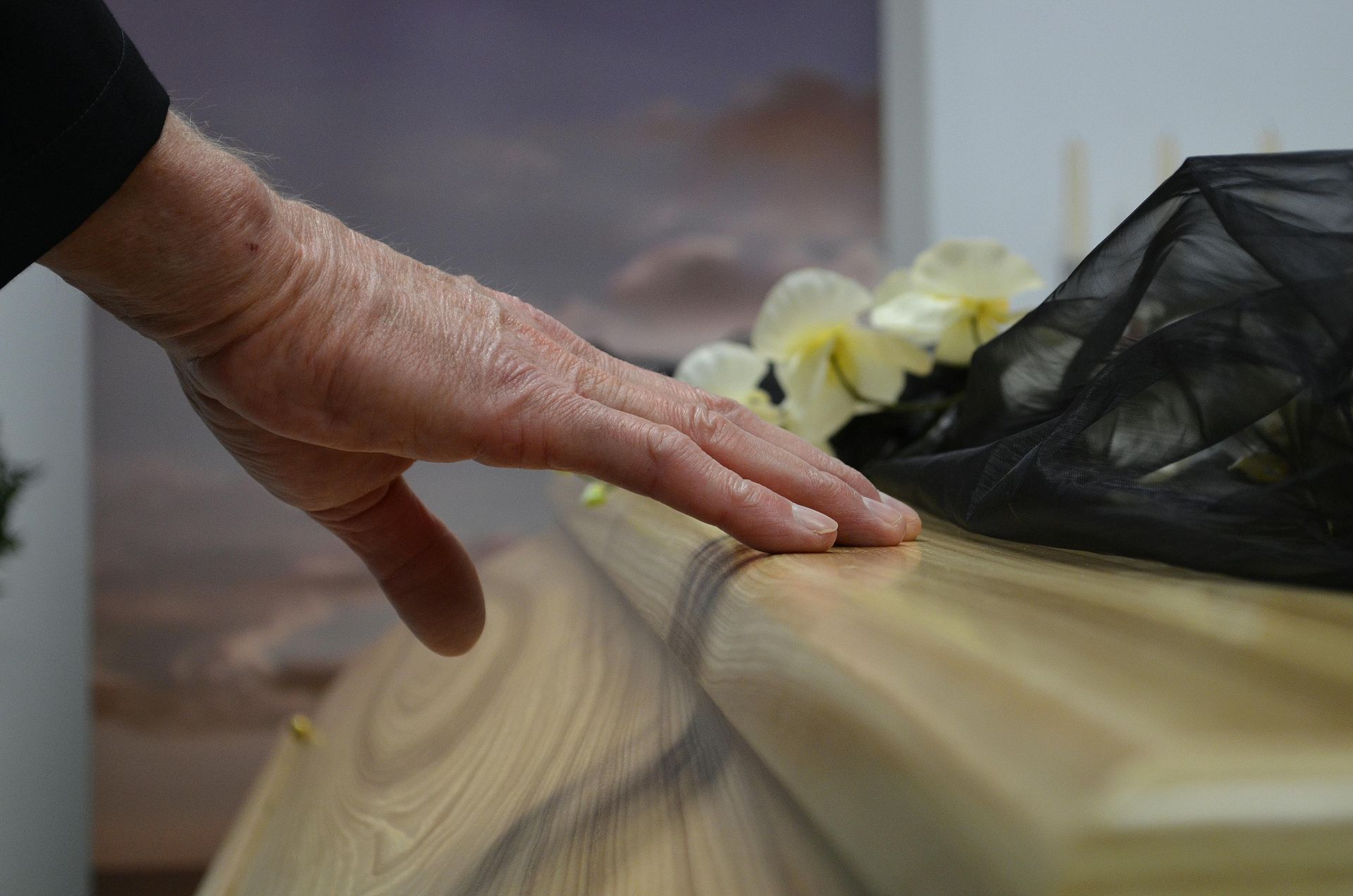Grieving during lockdown
August 19, 2020
You dont know what yo have until its gone
Like most New Zealanders we experienced the range of emotions as we progressed through March and into April. There was fear of the virus and the unknown, uncertainty about operating safely, and sadness for those families who had someone die at such a difficult time.
We had to adapt very quickly and work out new ways of operating. The normal patterns were upended, and we needed to give guidance and support in ways previously unknown. There was very much a sense of loss and disconnect in the community.
We learnt how to run simulcast funerals with an on-line audience and remote tributes coming in using multiple platforms. We recorded unaccompanied committals so that families could at least have some comfort in knowing their loved one was farewelled with respect and dignity.
When Jacinda announced the move to Level 1, we were delighted. How wonderful it felt to be safe and to hug each other again.
And we relearnt something that we already knew – that all the technology in the world cannot replace basic human connection and support. When someone we love dies, the need to be together, to support and to mourn, to touch and to hug is such a powerful human instinct. I read an article recently by a grief educator who talked about the power of touch and how when we are touched in comforting ways, our brains are flooded with feel-good hormones. Conversely ‘touch starvation’ can add to depression and anxiety and complicated grieving. The gathering together and the rituals of a funeral help with acceptance.

If you have been keeping up with the news lately you may have noticed several distressing stories about a lack of care demonstrated by some funeral directors when being contracted by bereaved families after the loss of their loved one. There is no government regulatory authority for funeral directors in New Zealand but all funeral directors must comply with legal requirements around care of the deceased as specified in the Burials and Cremations Act. In addition, there are requirements for fair pricing and contracts under the Fair Trading Act, as well as obligations that apply under the Consumer Guarantees Act. We are members of the Funeral Directors Association so adhere to the ethics and standards that are part of our membership. We know that transparency of pricing is important along with ensuring that the options chosen work with families’ budgets. We regularly provide detailed pricing estimates along with information to help with farewell planning. Our many years of experience have also shown us that it is important to be looking at the ‘big picture’ when choosing a service provider. When you engage Gillions to look after arrangements for your loved one you will have the comfort and assurance that they will be well looked after from the time we transfer them to our care until the time we take them to the crematorium or cemetery. Our care for you continues beyond this time as we know that grief does not have a time limit.

We’re often asked whether children should be involved after a family member's death, and if so, how? While you know your children best, our general advice is to include them as much as possible. Children will take cues from the adults around them, so if you're open and honest, they will likely follow suit. Answer their questions directly but avoid unnecessary details unless they're asked. Their inquiries will be shaped by their age and previous experiences, such as the death of a pet. Children under 7 may not fully understand that death is permanent, universal, and involves the body stopping completely. They may ask more literal questions, like "Who will Nan play with in heaven?" or "Who will take me to the park?"

In some cultures, being around the deceased is a natural part of life, but in Western culture, we’ve moved away from this. At Gillions, we believe in supporting families to be as involved as they wish in caring for their loved one after they’ve passed. This may include helping to dress them, spending time with them, or bringing them home before the funeral. While it’s natural to feel unsure about this, we often hear from families that the experience was deeply meaningful. Dressing a loved one can feel like a final act of love, especially if you helped care for them before they passed. We encourage children to be part of this process too.

Grief is a deeply personal journey, influenced by past experiences and the circumstances of loss. When a death is sudden, for instance, grief can feel more complex and harder to navigate than when the death was expected. While many find their own path through grief, others may require additional support









